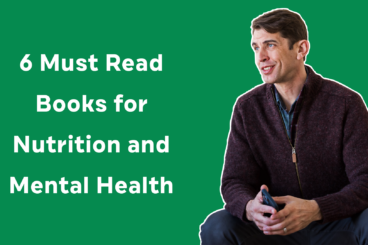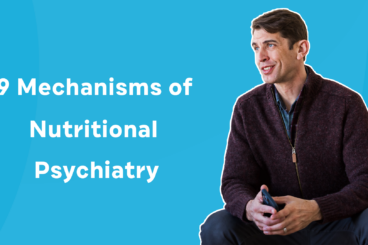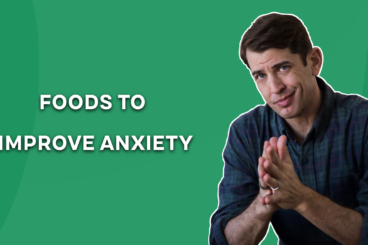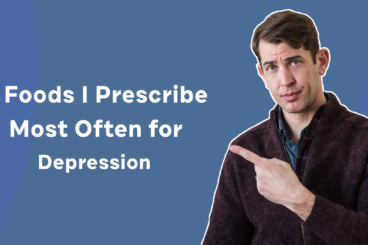Image courtesy Flickr/Aban Nesta
Good mental health-feeling your best, focused, energetic, and balanced-begins with the right food choices. And the stats are in, folks. We are not making the right choices. Today, illness rates are at an all-time high, not only for obesity and diabetes, but also all major brain disorders. Two-thirds of Americans are obese and ninety-seven million have pre-diabetes; both conditions wreak havoc on the brain, increasing the risk of depression and dementia.
First, let’s agree that the mind stems from the brain. All the various neurons buzzing about create our sensations, feelings, thoughts and memories. It all starts up there. Amazing what Mother Nature has created-an electrical storm of consciousness built from food.
That’s what this blog is about: brainfood. What are the essential nutrients that should be on your plate for the best brain your genes can muster? Once you build a better brain, what should be on your plate to care for it as you age?
So why step into the Farmacy? Well, I grew up on a farm and all the molecules you need to build a better brain are there. What about the pharmacy? Hey, I’m a NYC-based psychiatrist. I have prescribed and continue to prescribe many medications, with both great successes and, admittedly, great failures. No matter what you may need from the pharmacy, every brain needs a farmacy.
Emerging science increasingly links our dietary patterns to our moods, and also to the risk of serious mental disorders like depression. Today the top source of calories for most Americans is added fats and added sugars, something you won’t find in the Farmacy. When Hippocrates stated “Let thy food be they medicine and thy medicine be thy food,” he was onto something. Many of the molecules in food actually have the same biochemical functions as some modern medications. Consider one arrow in the quiver of the modern pharmacological mixologist, the class medications called MAO-inhibitors that treat depression and dementia: Compounds in food have these same properties. Taking powerful antioxidant supplements? Science supports that the right food choices can supercharge your body’s own internal free-radical zapping systems. Add to this the attributes of other molecules I’ll be highlighting in food: natural antibiotics, antivirals, anti-inflammatories, and compounds that fight heart disease, obesity, and diabetes. I started seeing this trend over and over again while researching The Happiness Diet. Biochemical brain-building synergies that come from real, whole and, ideally, locally-farmed food-The Farmacy.
Our food has changed so much in the last few hundred years. Not only have we reduced the variety of foods we eat, but our relationship to many brain essential nutrients has radically shifted. Industrial trans fats now linked to depression, heart disease and diabetes first entered our food supply just 100 years ago. As a population we have fallen prey to a very interesting problem; we are overfed with the wrong calories and undernourished with the very ones our brain thrives on. Deficiencies of omega-3 fats, vitamin B12, vitamin D, magnesium, and iron are quite common in America. Along with these shortages come a slew of neurotoxins from the modern chemistry lab used to color, preserve and make food today. Additionally, the most common source of long-term environmental toxins like PCB, dioxins, BPA, and pesticides, is, for most people, their food.
So, it’s time for a tune-up: a proverbial oil change of your brain lube, some new tires that grip the road a little better. The Farmacy even can give provide a little more horsepower upstairs. That’s the power of food.
The above posting is my once-monthly blog for Psychology Today called, The Farmacy. I cross-post it here, but you can check out the original version online here: Eat to Build a Better Brain.



